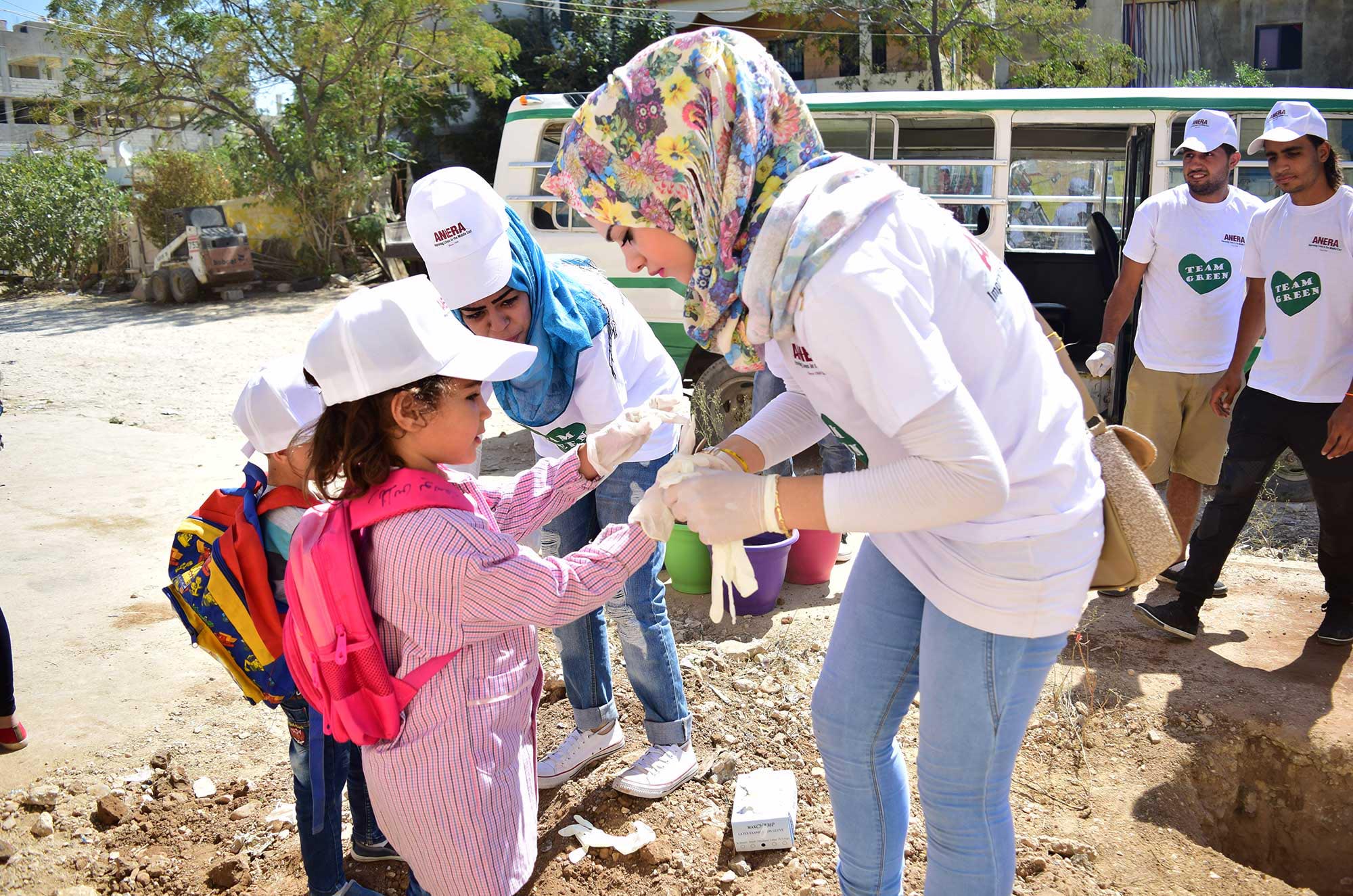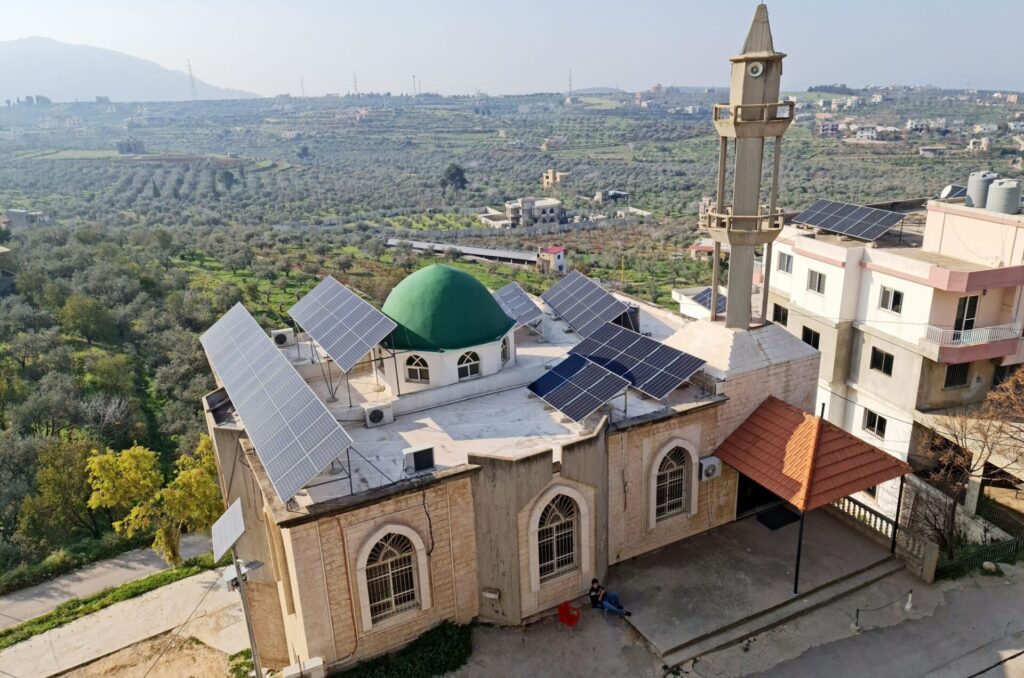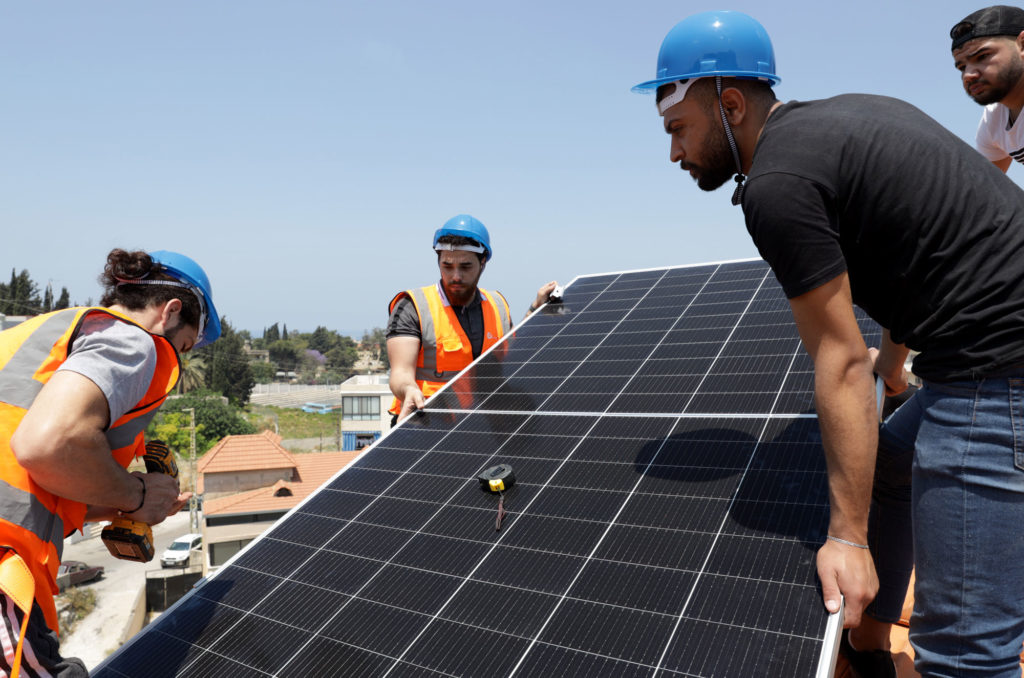Oct, 2016
In northern Lebanon, youth volunteers are picking trash off the streets and learning how to protect their environment.
These volunteers are part of a new pilot program addressing the Lebanon trash crisis in Nahr El Bared camp and the nearby village of Mashha.
Soumayya Al-Khaled was the first to volunteer. She is a shopkeeper living in a neighborhood known to be one of the few clean areas in the camp. “Cleanliness has always been important in our neighborhood, and families regularly take turns cleaning,” Soumayya said.
That’s why Soumayya’s neighborhood was selected as a starting point for Anera’s pilot solid waste management program, funded by a private foundation. The program aims to promote the culture of recycling and proper waste collection in areas that struggled with too much trash.
“I happened to be in the area when Anera staff were visiting. That’s how I first got to know about the project,” Soumayya said.
Sorting Trash One Household at a Time
There are about 30,000 residents in Nahr El Bared who traditionally have relied on the UN to collect their trash. Because it wasn’t always dependable, many residents ignored the trash pickup schedule. So garbage overflowed trash scattered throughout the narrow streets of the camp.


"By sorting our trash, we improve our health and the environment," said Daed, a mother from Nahr El Bared camp.


Sometimes residents dumped trash in a sports field inside the camp or along the sea shore, putting the health of the children and the environment at risk.
Each of the 350 participating households received two recycling bins to sort their trash. Volunteers like Soumayya helped distribute the bins. To get people excited, volunteers plan awareness activities throughout the camp, like a festival and an environmental-themed Ramadan calendar. Volunteers meet weekly to brainstorm environmental awareness activities and ways to address the Lebanon trash crisis. Last month, they planted trees around the camp. Over the summer, they led a beach cleaning campaign with over 250 people participating.
“The bin delivery and the regular check-ins from volunteers motivated us to sort our trash at home,” said Daed Hijjo, a mother from Nahr El Bared. Daed noticed that her neighborhood became visibly cleaner after the start of the program. She now gives all plastic waste to a local scavenger who sells it for cash. "By sorting our trash, we improve our health and the environment," said Daed.


